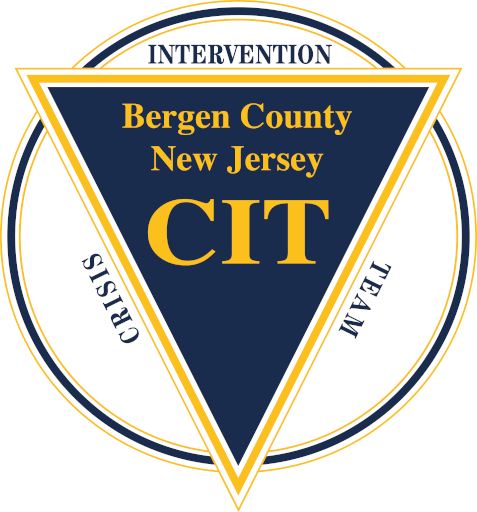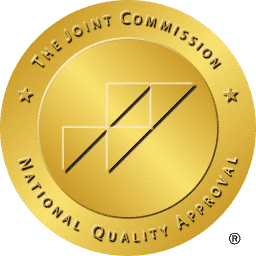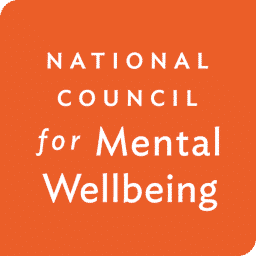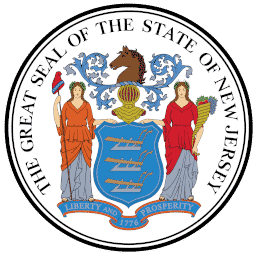What are Depressants?
Central nervous system depressants (CNS depressants) are medications that include tranquilizers, sedatives, and hypnotics. Depressant drugs work by slowing down brain activity, making them useful for treating acute stress reactions, anxiety, panic disorders, and sleep problems.
Types of Depressants
Alcohol
Alcohol is a commonly used depressant drug. When alcohol use becomes extreme, or a person begins, binge drinking, it could indicate they have a substance use disorder. “The National Institute on Alcohol Abuse and Alcoholism (NIAAA) defines binge drinking as a pattern of alcohol consumption that brings blood alcohol concentration (BAC) to 0.08% or higher.” (National Institute on Alcohol Abuse and Alcoholism, N.D.) Although it is legal, it comes with certain risks and dangers. One of these risks includes binge drinking, a dangerous activity that is popular with young adults.
Benzodiazepines
Benzodiazepines are CNS depressant drugs that were widely prescribed to treat sleep disorders and to treat anxiety. Some examples of benzodiazepine drugs include Xanax (alprazolam), Halcion (triazolam),Valium (diazepam), Librium (chlordiazepoxide), Ativan (lorazepam), Klonopin (clonazepam) and Serax (oxazepam).
Barbiturates
Barbiturates are prescription drugs that act as a central nervous system depressant. Barbiturates are effective as hypnotics, anxiolytics, and anticonvulsants. In the early 1990’s researchers used to believe that barbiturates were a relatively safe depressant.
Now, it is widely known that using barbiturates comes with negative consequences. Barbiturates have the potential for both physical and psychological addiction as well as overdose among other possible adverse health effects.
Effects of Depressants
Depressants: Short-Term Effects
Slow brain function
Slowed pulse
Breathing difficulties
Slurred speech
Lowered blood pressure
Visual disturbances
Muscle spasms
Poor concentration
Confusion
Fatigue
Dizziness
Disorientation, lack of coordination
Difficulty or unable to urinate
Fever
Sluggishness
Depression
Dilated pupils
Higher doses can result in:
Irregular or shallow breathing
Impaired judgement and coordination
Blackouts and memory loss
Unconsciousness
Vomiting
Coma
Death
Long-term use of depressants can produce breathing difficulties, depression, sexual problems, chronic fatigue, and sleep problems.
Depressants and the Central Nervous System
CNS depressants affect the production of signals in the brain, specifically the neurotransmitter gamma aminobutyric acid (GABA) and inhibits brain activity. They calm the nerves and relax muscles. Use of depressants cause a slowdown in brain activity and produces feelings of drowsiness, decreased inhibition, relaxation, and a number of other effects, including dilated pupils, and lowered blood pressure.
Depressants and the Central Nervous System
Blood or Breath Alcohol Concentration (BAC) is the amount of alcohol on one’s breath or in the bloodstream. BAC is described as the weight of alcohol (ethanol), in grams. It is measured by 210 liters of breath or 100 milliliters of blood. BAC can be measured in the blood, urine tests or by breath.
The number of alcoholic drinks consumed is not a reliable measurement of how intoxicated a person will be. This is largely due to the variation in an individual’s alcohol tolerance and variation in physiology.
Depressant Withdrawal Symptoms
When the body adapts to a drug or medication including prescription pills, it begins to develop a mental and physical dependence or tolerance to the substance. When that substance is taken away, the body begins to experience withdrawal symptoms.
CNS depressant addiction may begin with withdrawals if the person stops using the drug abruptly. Withdrawal symptoms may begin as early as within a few hours after the last dose of the drug. These symptoms can include:
Seizures
Shakiness
Anxiety
Agitation
Insomnia
Overactive reflexes
Increased heart rate, blood pressure, and temperature with sweating
Hallucinations
Severe cravings
Taking depressants in small doses will typically not result in severe withdrawal symptoms. Depressant drug use in large doses may lead to an increased risk for these withdrawal symptoms. High doses can also pose an increased risk for addiction, overdose or other life-threatening health problems.
Can Someone Overdose on CNS depressants?
Yes, it is possible to overdose on a CNS depressant drug. An overdose happens in cases where the CNS depressant drug is used in large amounts, and the body cannot handle or recover. When someone overdoses with an antidepressant, the blood pressure decreases. This reduces blood flow in the brain which causes hypoxia. Hypoxia is a serious condition that affects the brain and can lead to death.
Depressants and Other Drugs
Taking depressants with other drugs including other depressants can be both harmful and dangerous. Using sedatives (drugs used to soothe or calm) and tranquilizers with other substances, particularly alcoholic beverages, can slow breathing and heart rate even leading to death.
Depressant Drug Abuse and Addiction
Like other substances, it is possible to abuse depressants. This is primarily due to the calming effects they cause when using them. Once a dependence to a drug forms, more and more of the drug is needed to get the same effect. Drug abuse of prescription CNS depressants could include symptoms such as:
Taking depressants in higher doses, larger doses, or other than prescribed
Taking depressants to get high
Taking someone else’s prescription medications
When depressants are taken excessively, or not as prescribed, it could indicate a bigger problem or potentially a substance use disorder. If you or someone you know is abusing depressants, it is best to seek help from a treatment center, like Careplus NJ.
Depressant Drug Abuse and Addiction
CarePlus NJ is dedicated to a strength-based, person-centered approach to care and treatment. Our Intensive Outpatient and Outpatient Programs integrate evidence-based clinical practices, such as harm-reduction and motivational interviewing, with peer support and wraparound services designed for wellness and recovery.
The Adolescent Intensive Outpatient and Outpatient substance abuse programs are designed to support families that have been impacted by adolescent substance use and addiction. These programs provide all-inclusive care and support the adolescent through a person-centered approach to treatment and recovery.
Intensive Outpatient Groups are offered four times per week, and Outpatient Groups are offered two times per week. These may be combined with family and/or individual sessions, based on clinical recommendations.
Family is one of the most influential factors in the successful treatment of addiction and utilizes the Community Reinforcement Approach and Family Training (CRAFT) to provide families with tools, skills, and resources to effectively guide their loved one to recovery.

Alcohol
Alcohol is one of the most commonly used depressants. Alcohol consumption happens often in social situations. If a person drinks excessively or begins binge drinking, they may be suffering from alcohol abuse or addiction.

Opiates
Opiates include controlled prescription drugs that are derived from a chemical that naturally occurs in poppy seeds and plants, called Opium. These drugs are typically prescribed to treat mild to severe pain. Because of the highly intense calming effects, opiates have high rates of abuse, and they are highly addictive.

Sedatives
Sedatives are drugs that are routinely prescribed to treat certain health conditions such as sleep disorders or anxiety. They are used to help induce sleep and drowsiness.

Benzodiazepines
Benzodiazepines are CNS depressants that are prescribed for various health conditions. Doctors often prescribe them to treat anxiety, seizures, and they can be used as sleeping pills.








